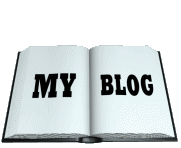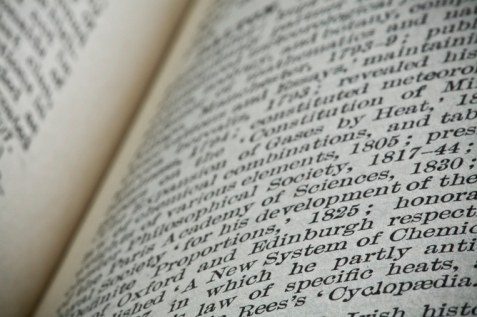Gillian Rudd, University of Liverpool
Listicle: an article made up of lists. This may be regarded as
Bare lazy as it obviates the need for coherent paragraphs, or as
Douchebaggery, if it’s taken to be
Clickbait.
The temptation to create a listicle in response to the latest raft of words to win a place in the Oxford English Dictionary is great, but to be resisted. These latest additions do not simply show the love of creating words – this is something that has always happened in responses to changes in life and attitudes.
Instead, it demonstrates our current ability to promulgate such nonsense words, allowing them to gain sudden currency, perhaps through “trending”, to make use of another relative newcomer to the fold, or “retweeting”. (These are not to be confused with the newcomer “subtweets” which themselves perpetuate another long tradition in English – that of making snide remarks through indirect allusion in a public arena. Alexander Pope would have been a great subtweeter.)
Some of the newly accepted words make one of the main processes of linguistic evolution clear: that of creating a new word by analogy with one already in use. “Binge-watching” is the clearest example. This is the viewing of several episodes or indeed whole series of a televised drama in one sitting. This word is clearly created by analogy with “binge-drinking”, which came to replace the phrase “going on a binge” or “going on a bender” when referring to drinking large amounts of alcohol over a short space of time.
Yes, there’s a difference here – where the earlier two phrases indicated that the occurrence was infrequent, if not actually unusual, “binge-drinking” is habitual, normally taking place at weekends, much as “binge-watching” does for many. I’d like to think that “binge-browsing” might be next, with the specific meaning of spending hours browsing the OED site when one visited to look up just one word. But possibly this is not a habit to encourage, after all, ”YOLO“.
Such changes always provoke reaction. Reliably, this varies from outrage at the abuse of language and ignorance of etymological development that such words betray, to celebration of English as a language flexible enough to admit such vibrant new forms and accommodate the creativity of its users.
But what’s interesting to me, as someone whose most frequent uses of dictionaries are to correct spelling and check historical usage, is the way that great institution, the Oxford English Dictionary, is able to satisfy two roles at once. This is thanks to its dual format – in print and online. It’s the online version that will soon include “listicle” and the rest, with no guarantee that these words will make it into the next print version (assuming there is one, which is what the current distinction between print and online versions implies).
This allows for the OED to record passing uses and trends without compromising its role as final arbitrator on whether or not a word can be said to have entered the English language. This is, after all, a decision which to a large extent depends on proving that word not only gained currency but retained a decent, level of recorded usage over a period of time and, crucially, in print.
And so print retains its sense of permanence in the face of ephemeral but ubiquitous electronic media. Or apparently ephemeral. The recent ruling requiring Google in particular to “remove” records from the internet has reminded us that it is in fact all but impossible to delete anything committed to the electronic ether – however paradoxical that seems. It’s all still out there, it’s just no longer appearing in the search results.
Googling itself is a word now accepted by the online OED, and while at first its currency was an indicator of the success of the company, it’s interesting to speculate on the survival of the word should Google itself go under, or lose its predominant position. Would we then all revert to “web-searching” for background information, or would we google, just as we hoover, forgetful the fact that the common verb once indicated a specific, dominant company?
Only the print version of the OED will tell.
![]()
Gillian Rudd, Professor in English Literature, University of Liverpool
This article was originally published on The Conversation. Read the original article.

